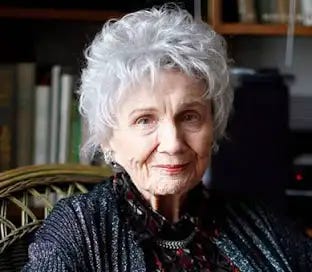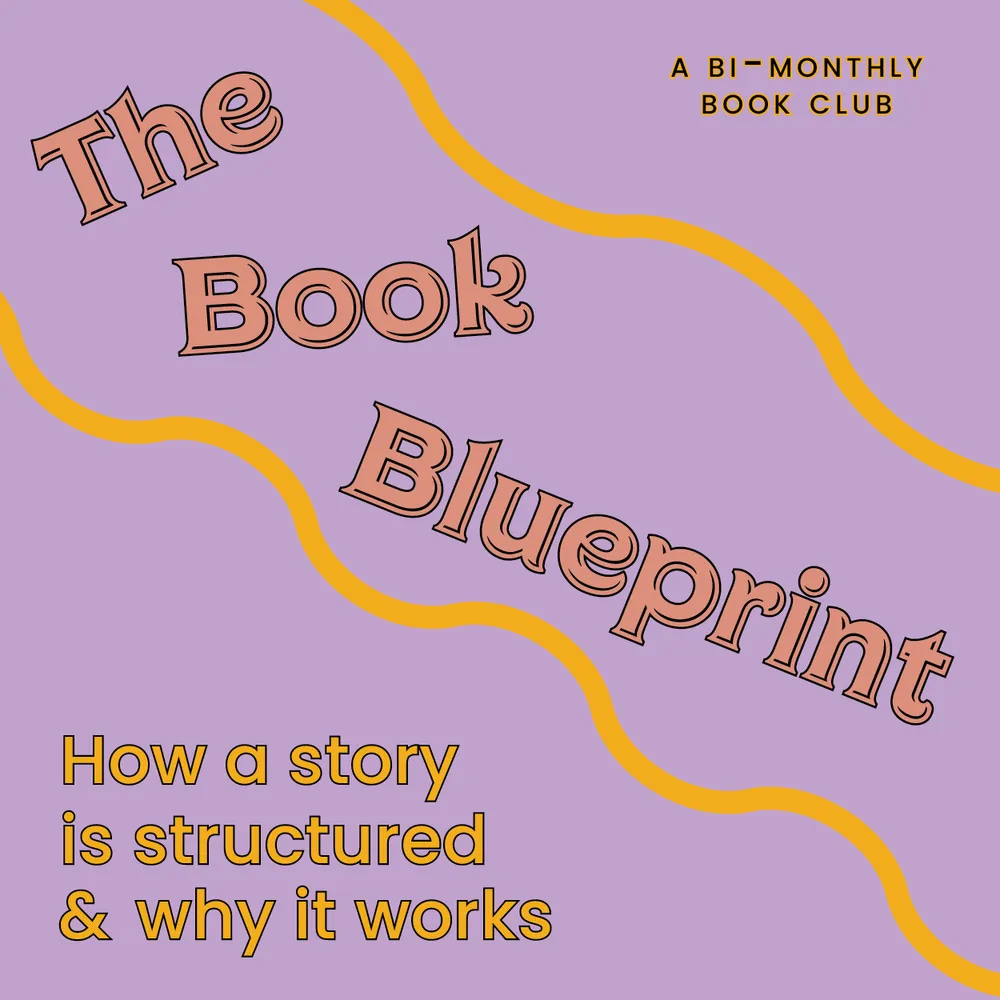July 2024: Alice Munro, Chaos and Conflict
Mulling the disturbing news from Alice Munro's youngest daughter.
Dear Writers,
In group text chains with friends and family, we’re binge-texting links to stories on possible Democratic presidential nominees. With war raging in Israel, Gaza, and Ukraine, it’s hard to imagine we’d be experiencing additional chaos and conflict in the U.S. but here we are, and now comes the news that Alice Munro’s second husband, geographer Gerald Fremlin, sexually abused her youngest daughter, Andrea Robin Skinner, beginning 1976, when Andrea was 9. According to Andrea, Munro was not particularly sympathetic, stayed with Fremlin even after he pled guilty to indecent assault and said the matter was between Andrea and Fremlin. (You can read the NYT story here: Weeks After Alice Munro’s Death, Daughter Tells of Dark Family Secret). I love Alice Munro, have taught her stories for years, and wrote about my love for her here. We’re back to that eternal, relentless question: Can we separate the (seemingly) monstrous artist from her magnificent art? Someone close to me said: “You can never teach Alice Munro again.”
Can I? Munro probably wasn’t the best mother, but she is among the best writers. We can still be absorbed by her writing and carried away by the plots of her stories. They are filled with flawed, familiar characters, many of whom are women who make the best of difficult situations—or try to. Some fail. (In Munro’s story, Silence, a middle-aged mother struggles with her daughter’s inexplicable estrangement. The story ends: “She keeps on hoping for a word from Penelope, but not in any strenuous way. She hopes, as people who know better hope for undeserved blessings, spontaneous remissions, or things of that sort.”) How many brilliant male writers and artists do we know who were lousy parents? Woody Allen, Saul Below, John Cheever, William Faulkner, Thomas Mann, William Styron, Constantin Brancusi, Paul Gauguin, Picasso, J.M.W. Turner: You can read about bad artist Dads in James Woods’ 2013 essay, Sins of the Father, and Alyssa Buffenstein’s 2016 essay The Worst Dads of Art History. Claire Dederer wrestles with the problem in her book, Monsters: A Fan’s Dilemma. (Dederer’s book was excerpted in the Paris Review, What Do We Do With the Art of Monstrous Men?) And you can read Sheila Munro’s memoir, Lives of Mothers & Daughters, about growing up with her famous mother, if you would like another daughter’s perspective.

It’s so easy to lose your day scratching your head at public figures’ bad behavior and scrolling down news rabbit holes. If you’re trying to do your own work, do you lean into the news or shut it out? I’m trying to practice what Alice Elliott Dark wrote in her recent newsletter, Alice on Sunday: “Summer is all work days…that’s when I can write”.
So let’s write, read and maybe cook. We’re beefing up “Juicy Reads” this summer. My non-teaching days need structure and deadlines. Making a simple dinner after writing all day (well or poorly) means meeting at least one goal. Plus, I find stories about food, in Saveur, NYT Cooking and elsewhere, comforting during these stressful times.
In the next few months, we’ll have Q&A’s with Sweet Lab writers and one with my friend Julie Fingersh, whose memoir, Stay: A Story of Family, Love, and Other Traumas, will be published October 15 by Rowman & Littlefield. Our writing workshops start September 3. Stay cool, stay with us and see you later this month.
Celia Cummiskey, The Bind-Off Edge (nonfiction, The Missouri Review)
Laila El-Haddad, A Cuisine Under Siege (nonfiction, Saveur)
Hall of Fame of the World's Great Sandwiches: Israel's Sabich (nonfiction, Saveur)
Stories by and about Alice Munro:
Alexander Alter, Elizabeth A. Harris and Vijosa Isai, A Silence Is Shattered, and So Are Many Fans of Alice Munro (NYT)
Xochitl Gonzalez, Alice Munro Was a Terrible Mother. But we shouldn’t stop reading her stories (The Atlantic)
Constance Grady, What do we do about Alice Munro now? (Vox)
Elizabeth A. Harris, Weeks After Alice Munro’s Death, Daughter Tells of Dark Family Secret (NYT)
Alice Munro, Vandals (fiction, The New Yorker; published 9/26/93)
Sophia Nguyen, Daughter of writer Alice Munro reveals family secret of sexual abuse; ‘I knew this day was going to come’: Alice Munro associates say they knew of abuse (Washington Post)
Pamela Paul: It’s an Old Story: Great Authors Are Not Always Great People (NYT)
Andrea Robin Skinner, My stepfather sexually abused me when I was a child. My mother, Alice Munro, chose to stay with him (Toronto Star)
Brandon Taylor, what i'm doing about alice munro; why i hate art monster discourse (Sweater Weather)
Deborah Treisman, Alice Munro Reinvigorated the Short Story (The New Yorker)
The Book Blueprint: August 1 and October 10; Thursday nights, 6-7 p.m.
We’ve launched a bimonthly, online book club. We will discuss how a book is structured and why it works. The cost is $100($50/session). We will read Leslie Jamison’s memoir Splinters: Another Kind of Love Story on August 1 and Percival Everett’s novel, James on October 10.






As the news about Neil Gaiman's alleged abuse of young women hit this week, the great artist/bad human has been a big conversation topic in our house. I'll ask you this question: Do you think Alice Munro was addressing her own bad parenting and difficult situation in her writing, particularly in the snippet that you quote? It doesn't excuse her, and she is a woman who likely had the means to get herself and her daughter out of a horrible situation (when so many women have to turn a blind eye because they don't have that privilege). But I wonder now if she was working her demons out on the page.